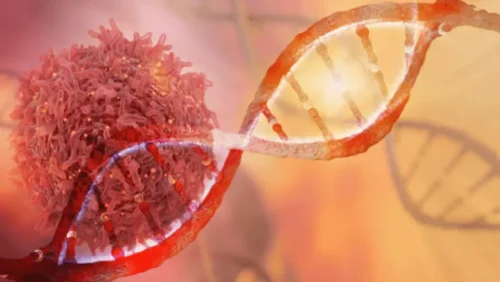
Fewer young adults are choosing to drink than a decade or two ago, and people have used things like the “sober curious” movement to reexamine their relationship with alcohol overall. “The findings of these studies are actually very surprising,” White says. Health risks linked https://ecosoberhouse.com/ to heavy, long-term drinking are well known, but this is some of the first evidence to help scientists understand how the body responds to even a short break from moderate alcohol use. What many people don’t realize is that alcohol produces a toxic effect on the body.
Maintaining the benefits
They won’t make you feel intoxicated like alcohol but they may make you feel happier and more relaxed. If you’re taking part in an event like FebFast, encourage your friends and family to sponsor you. Not only will it be good for the charity you are supporting, but it can make you more accountable. Setting a quit date is linked to success in sticking to your plan. It helps you prepare and reflect on the reasons making a change is worthwhile, which can improve your commitment to change. Alcohol is high in sugar, so when you quit it, you may find yourself reaching for other sugars (this was definitely the case with me).
Your Heart Gets Healthier
- You can begin setting boundaries by creating a little distance from big drinkers in the initial phases of sobriety and also find others who are in the same boat as you, says Mehta.
- For some people, heart damage from alcohol overuse isn’t reversible after any amount of time.
- There are many things that can affect your sleep—physically and mentally.
- And even occasional binge drinking episodes can have profound effects on your liver’s health over time.
- Alcoholic beverages are a source of added sugar and empty calories.
But that may not be true, or true only for light sippers (less than one drink a day). If you use more than that, cutting back or quitting may lower your blood pressure, levels of fat called triglycerides, and chances of heart failure. The National Institute on Alcoholism and Alcohol Abuse defines binge drinking as a pattern of alcohol consumption that brings blood alcohol concentration (BAC) levels to 0.08 g/dLi in a short period of time (about 2 hours). This typically occurs after five or more drinks for men and four or more drinks for women. Alcohol has many negative effects on your physical and mental health.
- Alcohol dependence can make it harder to think or remember things.
- While drinking could help you fall asleep, it suppresses REM sleep, the restorative part of your sleep cycle, Dr. Leavey says.
- That’s why many of us wonder if a month of avoiding drinking is enough to “reset” your liver back to normal.
- “The alcohol was certainly a numbing agent,” listener Mark Vowers told us.
No Amount Of Alcohol Is Good For Your Health, Global Study Says

Not too long ago, a group of women in a bar who were not drinking alcohol would have seemed kind of strange. Still, abstaining from alcohol — on a short-term basis or longer term — is becoming more common. Whenever you decide to take a break from alcohol, whether it be during a designated sober month or any other time of the year, the NIAAA website, Rethinking Drinking, has strategies that how to take a break from drinking can help you stop drinking. These include tips for cutting down or quitting, reminder strategies to help you remember why and how you decided to do it, and ways your family and friends can support you. All these strategies can help you stay motivated in your efforts to take a break from alcohol. Rethinking Drinking is also a tool for helping you examine your relationship with alcohol.

Take note of your mental health
Breaking The Booze Habit, Even Briefly, Has Its Benefits

You’ll have more money.

